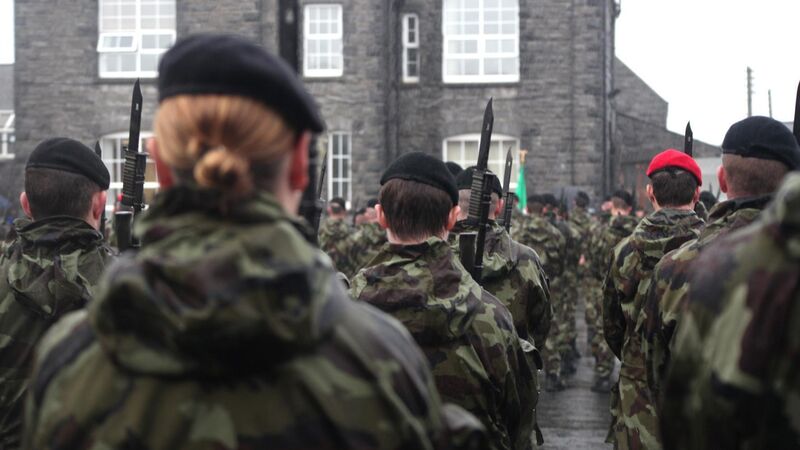‘Psychometric test’ is turning people off joining Defence Forces

The test is an assessment used to measure an individual’s cognitive ability, personality, or behaviours.
A former officer and member of the Oireachtas Committee for Foreign Affairs says a test given to potential military recruits should be scrapped as it's turning off many young people joining the Defence Forces.
Fine Gael TD David Stanton maintains at a time of near full employment the ‘psychometric test’ is a barrier to recruitment, which is needed now more than ever as the Defence Forces are suffering a well-publicised personnel crisis.










